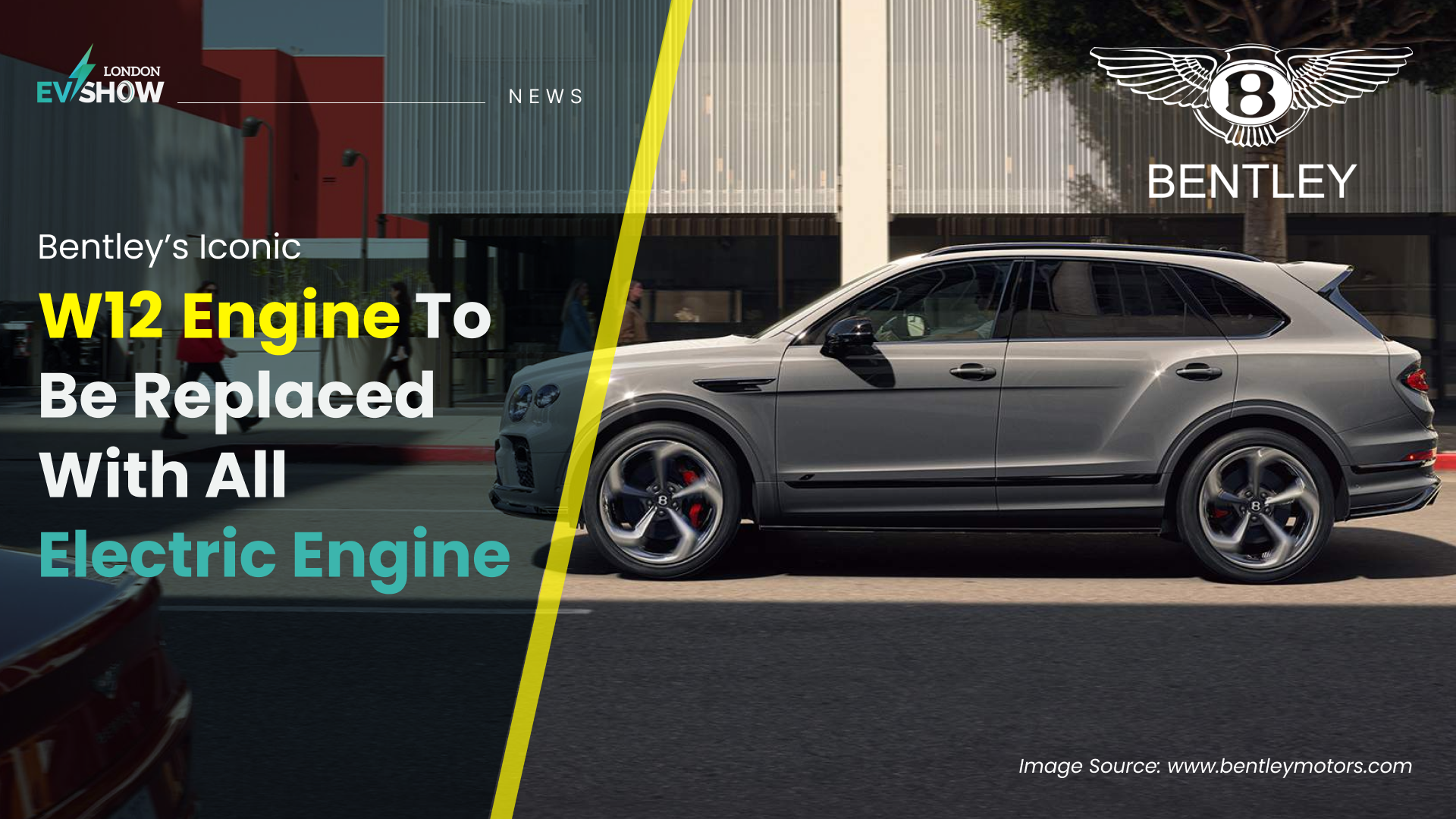Bentley Motors, a leading British luxury car maker has recently announced to stop the production of its iconic W12 motor engine. The decision comes as part of the company's 'Beyond100' strategy, under which all models will be electrified by 2030. This strategy includes investing £2.5 billion to transition its entire range to electric vehicles by 2030.
Bentley's ambition towards electrification is a part of its broader plan to become a fully carbon-neutral company by 2030. The strategy also involves transforming its operations by building a new "dream factory" in Crewe, England. However, the company has yet to launch a fully electric car, and currently offers two hybrid options - the Flying Spur and Bentayga hybrid.
To catch up, Bentley has unveiled its Five in Five plan, which aims to deliver a new electric model every year starting from 2025. In an interview, the company's Chairman and CEO, Adrian Hallmark said, "Our progressive journey towards sustainable luxury mobility means making changes to every area of Bentley Motors. When we first launched the W12 back in 2003, we knew we had a mighty engine that would propel both our cars and the brand forwards at speed. 20 years and more than 100,000 W12s later, the time has come to retire this now-iconic powertrain as we take strides towards electrification."
Bently’s decision to end the production of the 12-cylinder W12 engine is significant, as the company is the largest producer of 12-cylinder gas-powered engines. With the retirement of the W12 engine from April 2024, Bentley's entire lineup will have hybrid options. The automaker's ambitious plans demonstrate its commitment to reinventing itself and the industry as a whole, leading its progress towards zero-emission electric vehicles.


